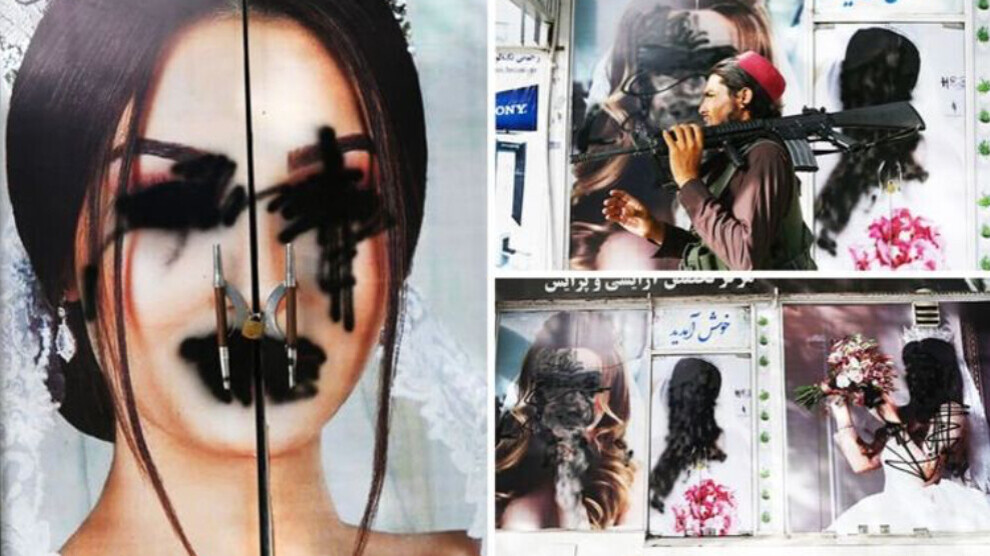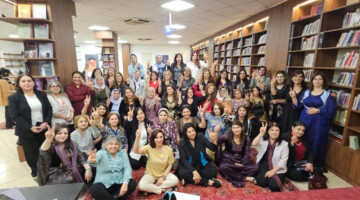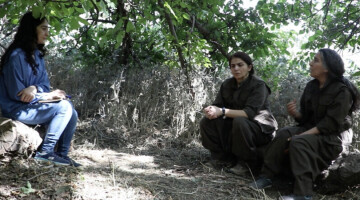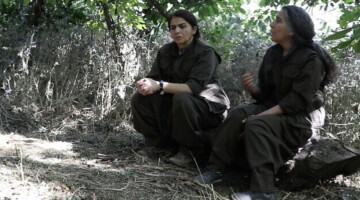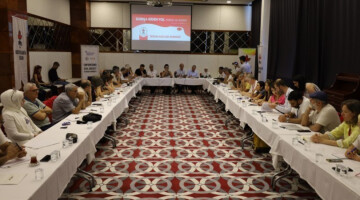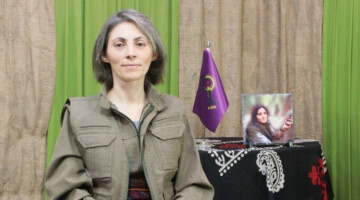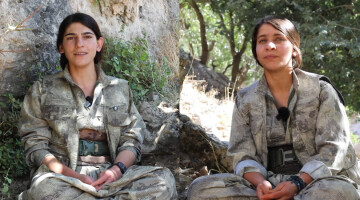Since the handover of power to the Taliban in August 2021, the Islamist terrorist group has issued more than 60 decrees prohibiting women from attending secondary schools and universities, for example, and from working in public sectors and for NGOs. They are no longer allowed to visit public parks, play sports or move around the country without a male escort. Women are forced into forced marriages and child marriages by the Taliban. Women's rights activists are persecuted, imprisoned, tortured and abducted.
AFP reported that Afghanistan's Taliban authorities have ordered beauty parlours across the country to shut within a month, the vice ministry confirmed Tuesday, the latest curb to squeeze women out of public life.
According to the report, the order will force the closure of thousands of businesses run by women -- often the only source of income for households -- and outlaw one of the few remaining opportunities for them to socialise away from home.
"I think it would have been good if women did not exist at all in this society," said the manager of a Kabul parlour who asked not to be identified.
"I am saying this now: I wish I did not exist. I wish we had not been born in Afghanistan, or were not from Afghanistan."
Since seizing power in August 2021, the Taliban government has barred girls and women from high schools and universities, banned them from parks, funfairs and gyms, and ordered them to cover up in public. Women have also mostly been barred from working for the United Nations or NGOs, and thousands have been sacked from government jobs or are being paid to stay at home.
Mohammad Sadeq Akif Muhajir, spokesman for the Ministry for the Promotion of Virtue and Prevention of Vice, would not say why the order had been given.
"Once they are closed then we will share the reason with the media," he told AFP.
He said the businesses had been given time to close their affairs so they could use up their stock without incurring losses.
A copy of the order seen by AFP said it was "based on verbal instruction from the supreme leader" Hibatullah Akhundzada.
A report to the UN's Human Rights Council last week by Richard Bennett, the special rapporteur for Afghanistan, said the plight of women and girls in Afghanistan "was among the worst in the world".
"Grave, systematic and institutionalized discrimination against women and girls is at the heart of Taliban ideology and rule, which also gives rise to concerns that they may be responsible for gender apartheid," Bennett said.
UN Deputy High Commissioner for Human Rights Nada Al-Nashif added: "Over the past 22 months, every aspect of women's and girls' lives has been restricted."
"They are discriminated against in every way."
Taliban regime
It has been one year since the Taliban took power again in Afghanistan. In this year of resistance and struggle, many women have been abducted, enslaved and tortured by Taliban gangs. Women and girls have been deprived of all their basic rights. But the women who did not recognise the Taliban regime turned the streets into places of resistance.
The Taliban were in power in Afghanistan from 1996 to 2001 and committed numerous massacres in the country during that time. In 2001, the US launched an operation in Afghanistan because the Taliban regime supported the radical Islamist group Al-Qaeda, which had caused the deaths of thousands of US citizens with its attack on the Twin Towers in New York on 11 September 2001.
The US had troops in Afghanistan from 2001 until August 2021, when it withdrew. On 15 August 2021, the Taliban captured the capital Kabul and took power again.

